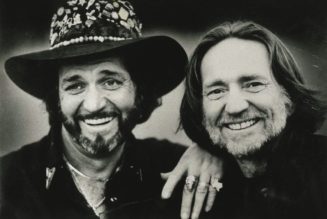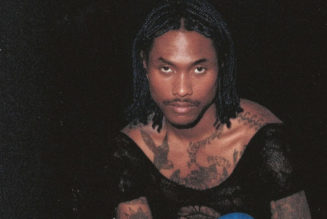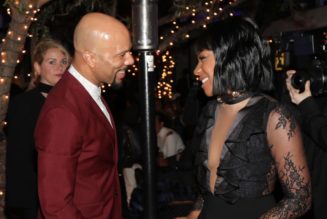
If Swift wins album of the year for a third time, she would join a Grammy Mount Rushmore that consists of Frank Sinatra, Stevie Wonder and Paul Simon.
Taylor Swift is a Grammy magnet. She has won 10 awards, including two for album of the year. She has lost album of the year just once (when she was a nominee). Daft Punk’s Random Access Memories took the 2013 award, beating Red.
So the Nominations Review Committee, which determines the final nominations in the Big Four categories—album, record and song of the year plus best new artist—has to know that if Swift’s current album, Folklore, is nominated for album of the year, it may very well win. Swift has demonstrated broad voter appeal—to both pop and country fans, older and younger members.
Swift would make history if she won. She’d be the just the fourth artist—and the first female artist—to win three album of the year awards. She would join a Grammy Mount Rushmore that consists of Frank Sinatra, Stevie Wonder and Paul Simon. (Simon’s tally includes one Simon & Garfunkel album.)
Many would argue that it’s about time that a woman moved up to that top tier in Grammy history.
Others may question whether Swift will be seen in history as the artistic equal of Sinatra, Wonder and Simon.
Some may wonder about the optics of Swift winning her third album of the year award before Beyoncé wins her first. The two megastars went head-to-head in the album of the year race just once, when Swift’s second studio album, Fearless, took the 2009 award over Beyoncé’s third, I Am…Sasha Fierce.
(For the record, it’s not like Beyoncé went home empty-handed that night. She became the first female artist in Grammy history to win six awards in one night. Her haul included another of the night’s top awards, song of the year for “Single Ladies (Put a Ring On It)” – an award that Swift has yet to win.)
Folklore has logged six weeks at No. 1 on the Billboard 200—longer than any other album released in this Grammy eligibility year (Sept. 1, 2019 through Aug. 31, 2020). It has a solid 88 rating at Metacritic.com, the review aggregation site. It’s one of 24 albums released in this Grammy eligibility year to receive such a strong rating.
Moreover, it’s one of just five albums with an 88 or better rating that also reached the top 10 on the Billboard 200. (That combination of critical respect and commercial punch has long been what Grammy voters seem to look for.) The other four are Fiona Apple’s Fetch the Bolt Cutters (which has a stunning 98 Metacritic rating), Bob Dylan’s Rough and Rowdy Ways (95), Run the Jewels’ RTJ4 (89) and Dua Lipa’s Future Nostalgia (88).
Swift set records with both of her previous album of the year wins. When she won the 2009 award for Fearless, she became the youngest album of the year winner in history. (Billie Eilish has since seized that record.) When Swift won the 2015 award for 1989, she became the first woman to win twice as a lead artist. (Adele has since matched that feat.)
Swift has previously squared off for album of the year with two artists she may well be facing again this year— Lady Gaga and The Weeknd. Fearless beat Gaga’s The Fame. 1989 topped The Weeknd’s Beauty Behind the Madness. Gaga and The Weeknd have a good chance of returning to the finals this year with Chromatica and After Hours, respectively.
If the Grammy winds blow another way, Dylan could win his third album of the year award and be the one to join that Grammy Mount Rushmore. As noted above, Rough and Rowdy Ways was both a critical and commercial hit. Dylan previously won in the category as a featured artist on George Harrison and Friends’ The Concert for Bangla Desh (1972) and on his own for Time Out of Mind (1997).
In the Big Four categories, if an album (or single, song or new artist, as the case may be) ranks among the top 20 vote-getters from rank-and-file voting members, it will be considered by the Nominations Review Committee. (If it doesn’t, it will not be, according to a Grammy spokesperson.)
If Dylan’s album makes it to the committee, the members are likely to discuss whether they want a 79-year old white guy—even if he is among the most lauded artists and songwriters in music history—to be the face of the Grammys in 2021. If Dylan wins album of the year for the third time on Jan. 31, 2020, he would be on the front page of every newspaper in the country, less than four months before he turns 80.
Is it ageist to take Dylan’s age into account? Is it sexist to consider Swift’s gender? The Nominations Review Committee has to grapple with these complicated questions and try to come up with nominations that are seen as fair, representative and balanced. They have a hard job.










